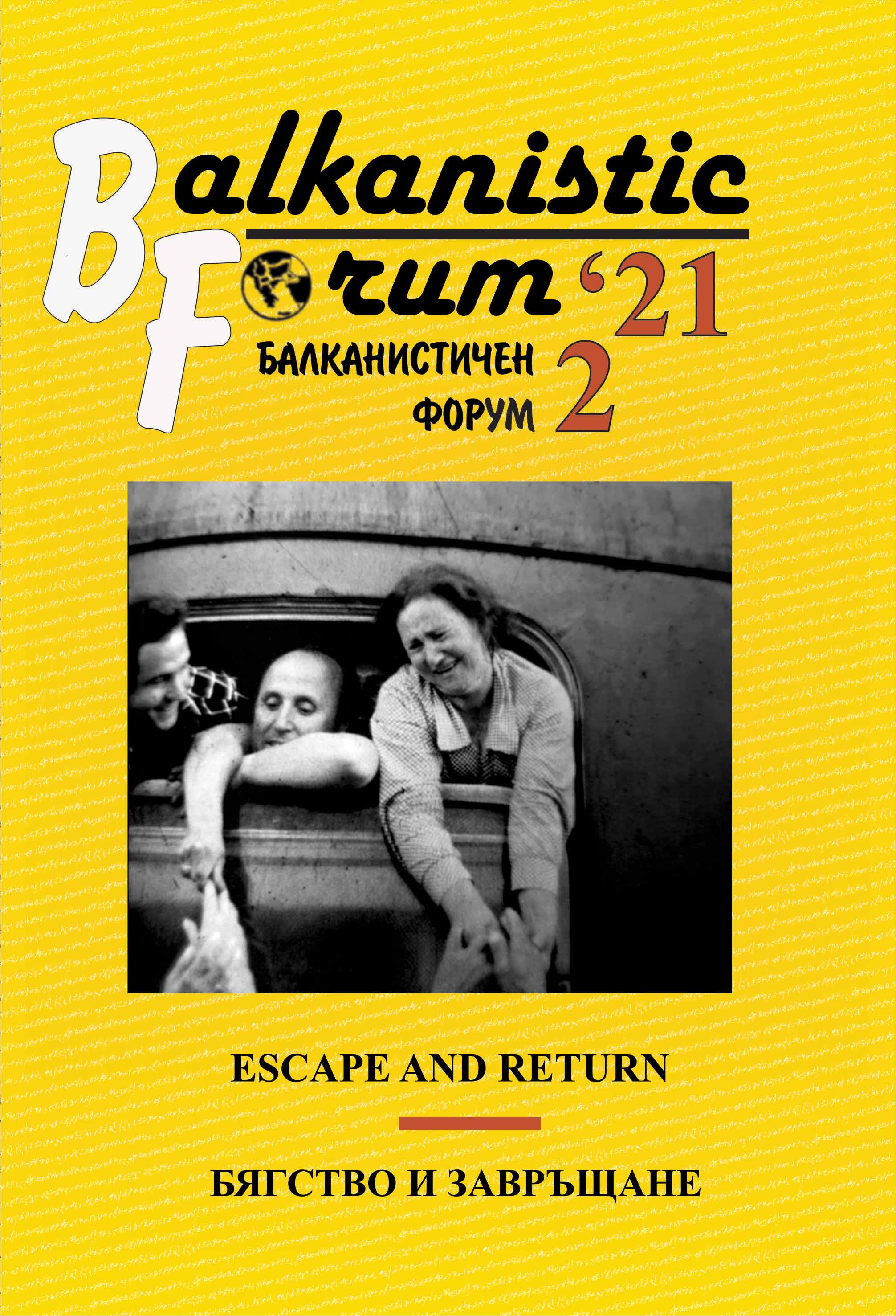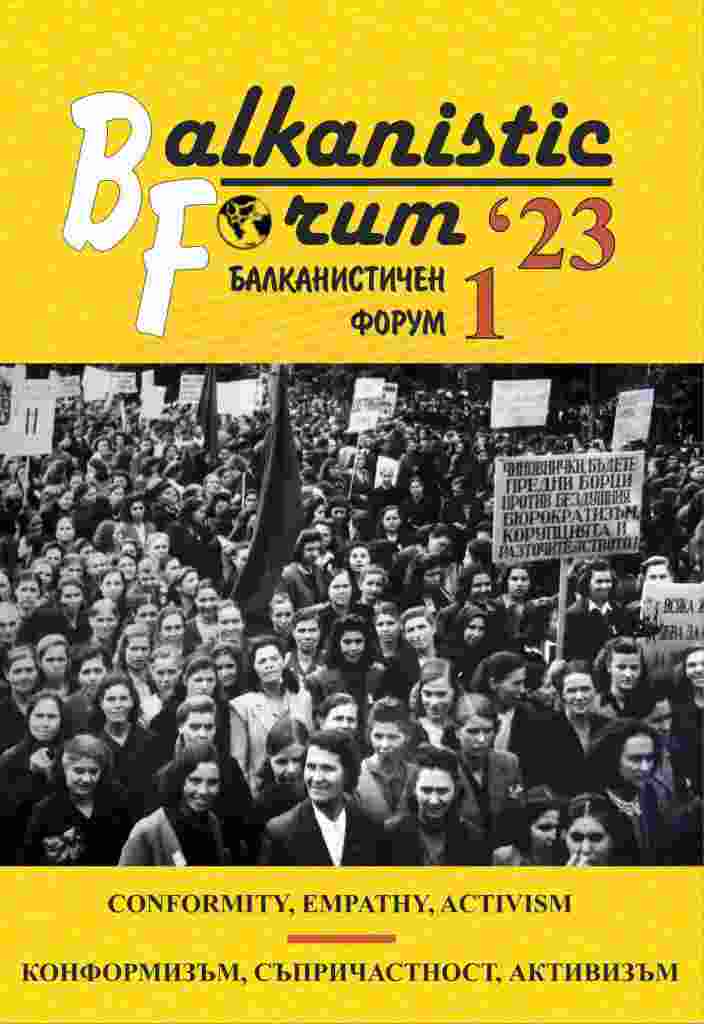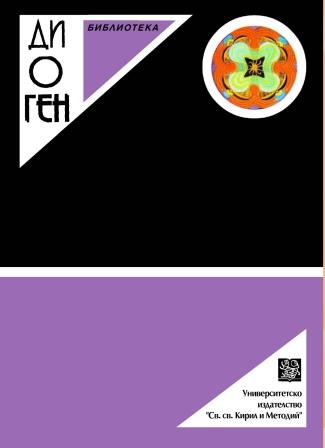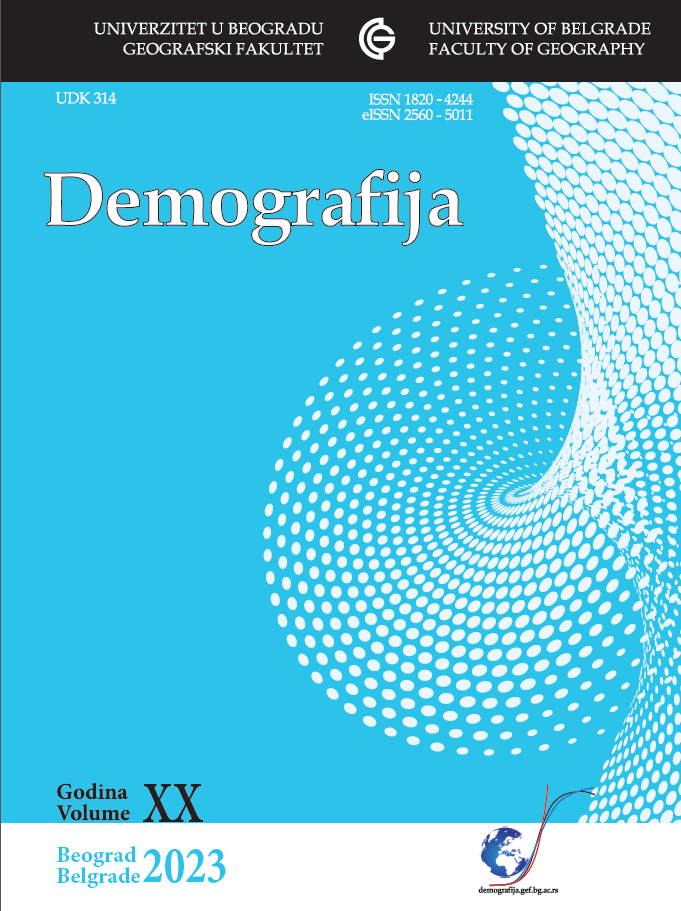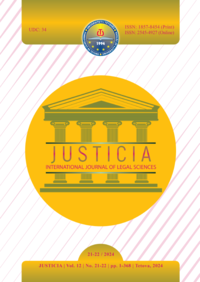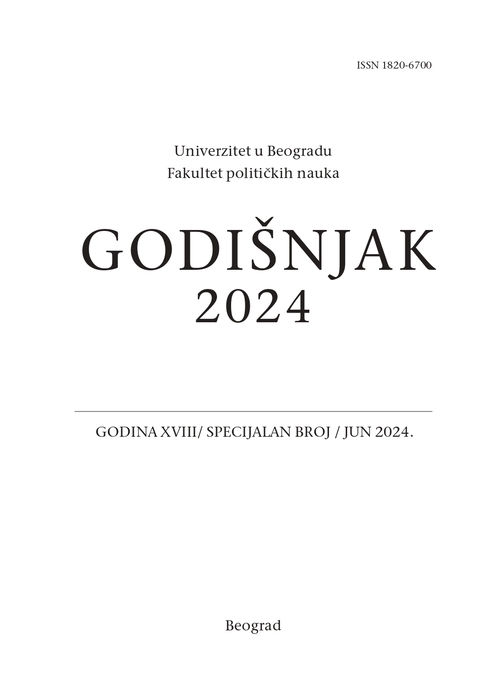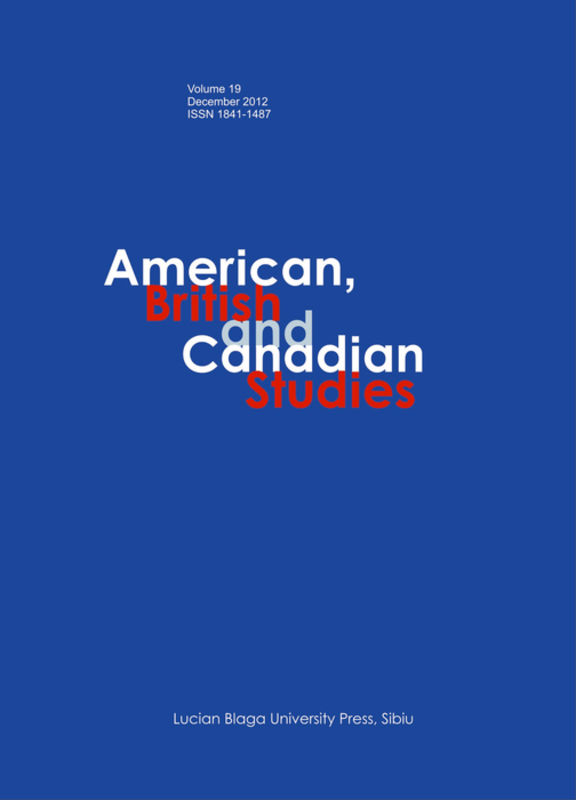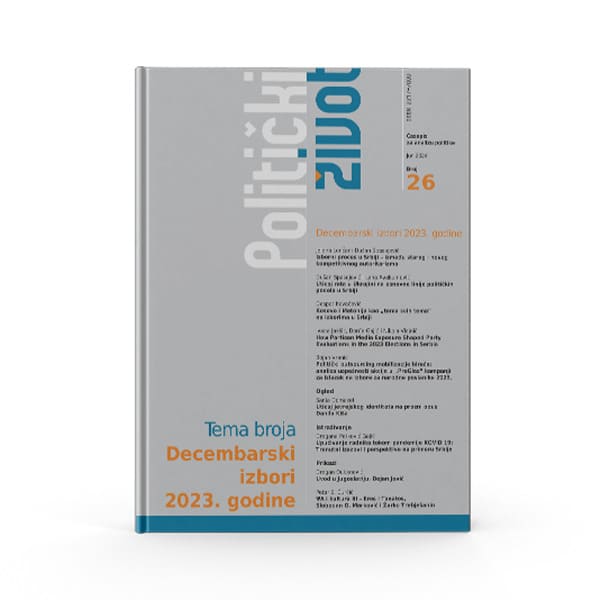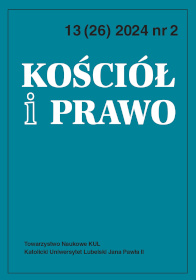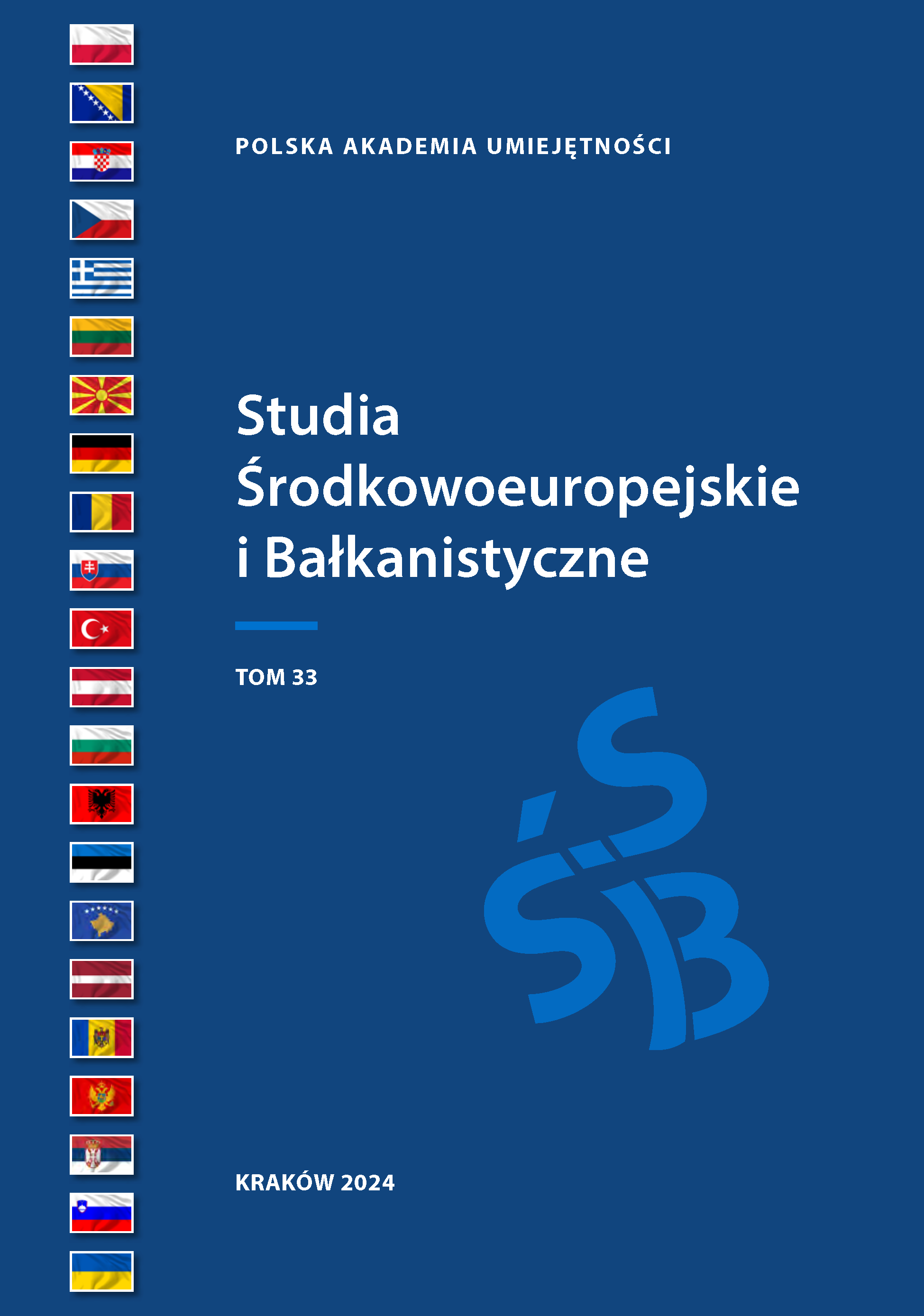Author(s): Marija Mihajlović,Maja Novović / Language(s): English,Serbian
Issue: 20/2023
The observed period of demographic development of the City of Prokuplje (1991−2022) was largely marked by unfavorable demographic processes. Depopulation is the most prominent in the paper, because it represents the main feature of demographic development. Depopulation begins with the long-lasting emigration, and in the last years the negative natural increase has contributed the most to it. Decades of continuous emigration have left long-term consequences, as a large number of young and active residents moved out, as well as their potential descendants, which affected not only the total number of residents, but also the natural movement and structures. The characteristics of unfavorable biodynamics are particularly visible in the last inter-census period, when low birth rates and high mortality rates were recorded, primarily due to the aging of the population (Lajić et al, 2010). The contemporary demographic development of the municipalities of the Toplički District is accompanied by major changes in population movements, natural and mechanical movements of the population and population structure. The statistical analysis of previously collected and processed data led to the conclusion that these changes are the result of a series of mutually conditioned factors, which led to changes in the development of the population, and which had a negative impact on the demographic development of the City of Prokuplje in recent decades (Novović & Mihajlović, 2017). Rural depopulation is an important problem of global proportions. Therefore, models should be created using global open data to cluster wider regions according to their risk of rural depopulation and drivers in different contexts (Jato−Espino & Mayor−Vitoria, 2023). The main factors of the process of depopulation and demographic aging are: emigration, as well as the direct and indirect consequences of the process of emigration and the process of industrialization in which there was a concentration of industry in urban settlements outside the studied territory. This led to an accelerated and disorganized process of deagrarianization; unfavorable agrarian policy, which did not encourage the young population to stay in rural areas, and underdeveloped infrastructure in the territory of the City of Prokuplje. Those continuous migrations have changed the age structure of the population in its most vital part (20-40 years), which resulted in not only a change in the total number of inhabitants, but also in the natural change of the population. The unfavorable age structure of the population has a negative impact on central functions in rural settlements (closing of shops, schools, clinics, post offices, etc.). This situation will largely lead to the demographic emptying of not only small settlements, but also medium-sized ones. The results of the paper indicate a poor demographic perspective for the City of Prokuplje. Smaller and higher altitude settlements are especially at risk, which will soon be emptied at this rate.
More...
